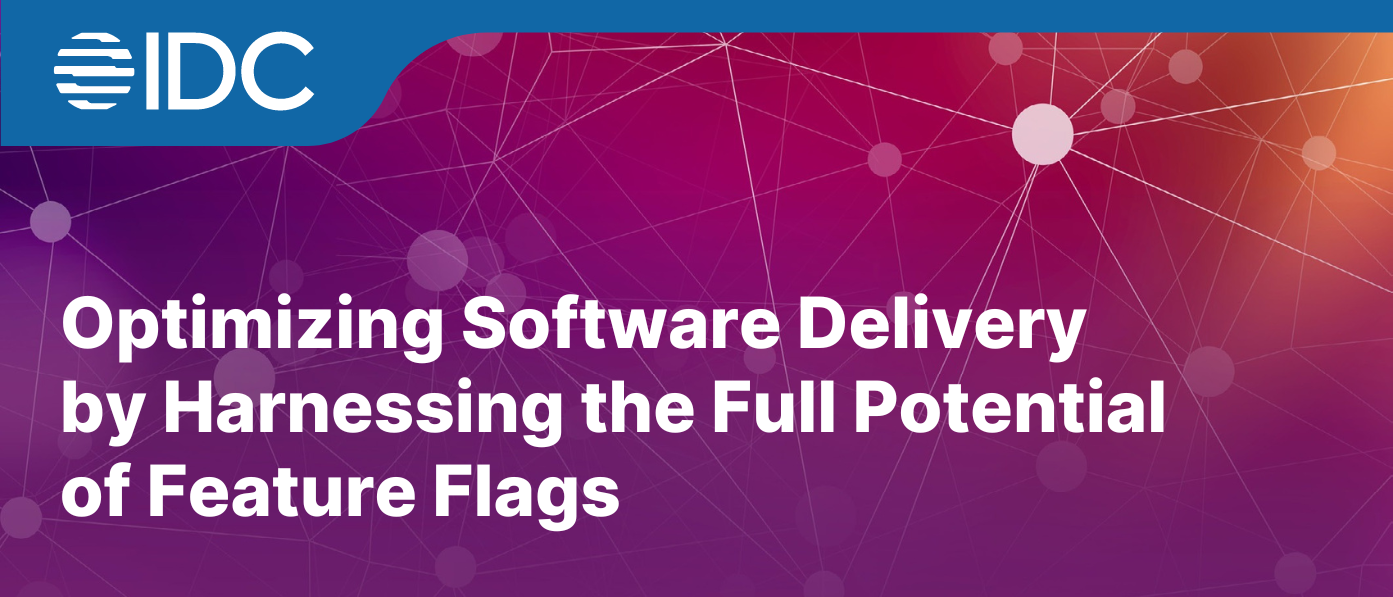Apollo GraphQL today previewed a toolkit that makes it possible to use a generative artificial intelligence (AI) prompt to launch a GraphQL query against REST application programming interfaces (API) that returns results in the form of a natural language output created by a large language model (LLM).
Unveiled at the GraphQL Summit 2024 conference, the company also previewed an Apollo Connector for the Apollo GraphOS platform that eliminates the need for developers to write boilerplate code to set up a “server” to create a schema that declaratively invokes a GraphQL router to query REST application programming interfaces (APIs).
The company has also previewed a revamped query planner tool that is significantly faster than the previous iteration written in JavaScript and an entity caching with cache invalidation capability that will be added to GraphOS Router.
Apollo GraphQL has also extended Rover, the command-line interface (CLI) for GraphOS, to provide tighter integrations with GraphOS Studio, along with other enhancements that make it simpler to compose large-scale graphs by executing commands in parallel and asynchronously. In addition, a subgraph mirroring capability also now makes it simpler to fetch and test subgraph configurations on local machines.
The company is also adding support for custom schema checks that enable organizations to integrate their own business logic, security policies and governance rules into existing schema check workflows.
Finally, the company also signaled its intent to make Apollo Federation, a framework for building graphs using GraphQL APIs, to the GraphQL Foundation as part of an effort to define a single standard.
Apollo GraphQL CTO Matt DeBergalis said collectively these capabilities will make it simpler for either platform engineering or DevOps teams to provide organizations with self-service capabilities through which end users can query data. Most applications today expose some type of API to expose data, but the programming effort required to query that data has been overly complex, he noted.
The generative AI toolkit developed by Apollo GraphQL, in combination with more streamlined methods for invoking GraphQL, will in effect democratize data access in a way that can be centrally managed more easily, said DeBergalis.
.
It’s not clear at what rate organizations are now employing GraphQL to launch queries against APIs, but Apollo GraphQL today noted the open-source software it makes available is now being downloaded at a rate of 25 million times per month. The Apollo GraphOS platform, used by teams at Coinbase, New York Times and Wayfair, also served more than five trillion requests in 2023, the company claims.
In the age of generative AI, it’s clear that platform engineering teams are emerging to enable organizations to provide a range of self-service capabilities, including the ability to query data regardless of where it is located, said DeBergalis.
The challenge and the opportunity now is finding a way to streamline requests across legacy platforms and emerging generative AI platforms in a way that makes organizations more agile, he added.
Exactly how generative AI, queries and APIs will be integrated will, naturally, vary from one organization to the next. However, the organizations that master these capabilities sooner will be able to derive more value from data that today is distributed across a wide range of sources and platforms that are difficult to unify.

